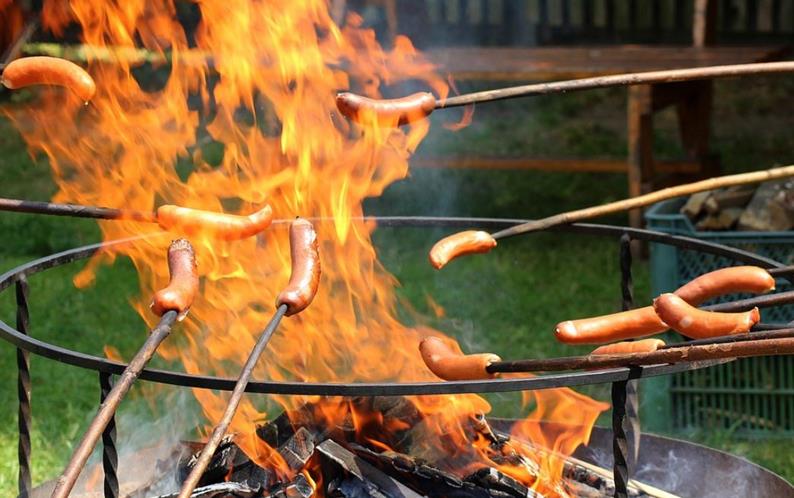As COVID restrictions begin to fall there seems to be a new problem emerging, namely, Americans’ inability to ditch the masks.
Masks, it seems, have become a type of “security blanket” for many, reporter Karin Brulliard claims in a recent Washington Post article. She explains how David Díaz, a vaccinated 29-year-old, struggles to go for a run outside without a mask, worried not so much about the virus anymore, but rather what others will think of him.
“At what point are you doing more harm than good and letting fear or something rule your life?’” Díaz is quoted as asking by the Washington Post.
That seems like an excellent question to me, one that should have been asked months ago. We should certainly ask it now: why are we in such bondage to fear?
There are many ways to answer that question, but Robert Nisbet gives a very good, encompassing answer in his book The Quest for Community when he notes that fear results when we abolish the basic supports of society from our life:
The family, religious association, and local community—these, the conservatives insisted, cannot be regarded as the external products of man’s thought and behavior; they are essentially prior to the individual and are the indispensable supports of belief and conduct. Release man from the contexts of community and you get not freedom and rights but intolerable aloneness and subjection to demonic fears and passions. [Emphasis added.]
Society has succeeded at breaking apart the family in recent decades, using divorce, cohabitation, and other tactics to destroy the traditional unit of father, mother, and children. But the other two areas Nisbet mentions—religious associations and local communities—went into hyper-decline with the COVID restrictions many states put on their citizens, including the closure of churches and prevention of social gatherings. When one removes these supports, as Nisbet explains, solitude results, which in turn brings about intense fear.
But it’s not just the isolation from personal contact that brings humans so much fear. As Nisbet goes on to explain, removing the supports of family, church, and community causes further fissures in individuals by separating them from their heritage:
Society, Burke wrote in a celebrated line, is a partnership of the dead, the living, and the unborn. Mutilate the roots of society and tradition, and the result must inevitably be the isolation of a generation from its heritage, the isolation of individuals from their fellow men, and the creation of the sprawling, faceless masses.
My home state of Minnesota recently announced that masks and other COVID restrictions will soon come to an end. But while the literal “sprawling, faceless masses” may soon be only a memory, will we be able to recover the confidence we lost through the destruction of these societal pillars?
It will be a challenge, but it is possible. The first thing to do is to get ourselves and others over the hump of getting out and being with people again. It can be a struggle, but if one will venture out with others once or twice, especially without a mask, the fear of doing so will soon fade. So invite a friend for a walk, have extended family over for dinner, or host a neighborhood gathering in the backyard.
Better yet, why not have a mask-burning party? Bring people together for a bonfire. Throw the masks into the pit, watch them blaze, then throw on some wood and grab the marshmallows. But don’t just make the event a fun, uproarious time celebrating the end of the pandemic. Use the time around the fire not only to rekindle fellowship, but also interest in our heritage through deep conversations on families, religion, and our nation’s history and traditions.
But here’s one more suggestion: Don’t burn all your masks. When all this is over, I intend to save one, tucking it away in my journal as a reminder of the loss of freedom and the pain of isolation. It’s just one more way to remember to never give into that fear again.
Image Credit:
Pixabay

Leave a Reply